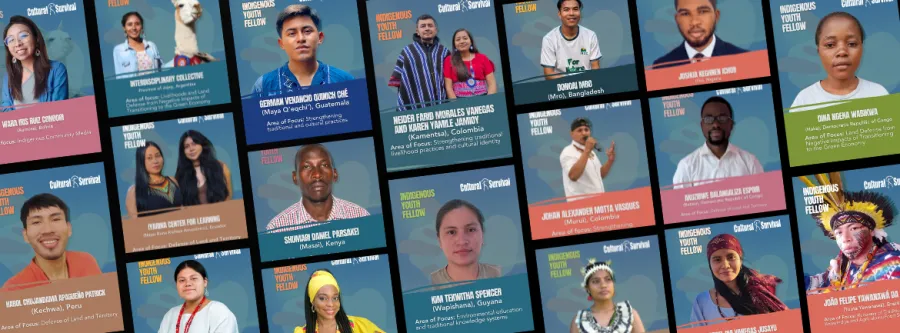
The Special Rapporteur on the rights of Indigenous Peoples, James Anaya, made his final report to the United Nations Human Rights Council on September 18, 2013. He presented six reports that included issues affecting Indigenous Peoples in various regions as well as a compilation of his work while being the Speical Rapporteur.
James Anaya’s first report discusses impacts of extractive industries on Indigenous Peoples. The report constructs new models for resource extraction that respect, protect, and fulfill the rights of the Indigenous communities living in the affected areas. The report proposes a preferred model that combines resource extraction and development through Indigenous Peoples’ own initiatives and enterprises. It will aid Indigenous Peoples’ rights to self-determination, as well as state support and preference for Indigenous peoples’ own initiatives and enterprises. This enables Indigenous Peoples’ the right to choose whether or not to extract resources if they are on their historically owned land. They will have the right to initiate and control the extraction that will help prevent risks to culturally relevant environments. Additionally the State must assist Indigenous Peoples’ in protecting and promoting their human rights, acquiring licenses or permits, and aiding them with programs such as grants, loans, favorable tax treatment, advisory services, skill training and scholarships.
Anaya's report also examines when States or third party business enterprises promote the extraction of natural resources within Indigenous territories and stresses the duty to consult and obtain free, prior and informed consent. Recommendations are made for getting and sustaining Indigenous Peoples’ agreement to extractive activities promoted by the State or third party business enterprises. This includes the establishment of State regulatory regimes that adequately protect, promote and fulfill Indigenous Peoples’ rights. There must also be regulation of company activities outside the territory, which will help establish a better relationship between extractive companies and local people and ensure just and fair benefit sharing.
The Special Rapporteur also presented five other reports; two addressing Indigenous Peoples in Namibia and El Salvador. The report on situation of Indigenous Peoples in Namibia focused on various tribes who are striving to gain greater inclusion in decision-making at local and national levels to help them strengthen their rights over lands and natural resources. The report on the Indigenous Peoples in El Salvador examined the effects of oppression and marginalization towards Indigenous Peoples and how there has been a significant loss of cultural knowledge. The report proposes that the State should carry out more significant action to recover and sustain cultural traditions.
The report on the rights of Indigenous Peoples in Asia where focused on the consultation on the human rights issues presently occurring in the region. The Special Rapporteur consulted representatives of Indigenous Peoples from Bangladesh, Cambodia, India, Indonesia, Japan, Malaysia, Myanmar, Nepal, Philippines, Thailand, and Vietnam.
An additional report included the Special Rapporteur’s sent communications, replies received, and observations with the Human Rights Council throughout 2012 and 2013. His final report was an index on all of his reports during his mandate beginning in 2008. They were organized by themes and topics addressed in his reports and also organized by the geographical region.
Reports:
A/HRC/24/41 - Report on extractive industries and indigenous peoples
A/HRC/24/41/Add.5 - An index on reports he has developed throughout his mandate



